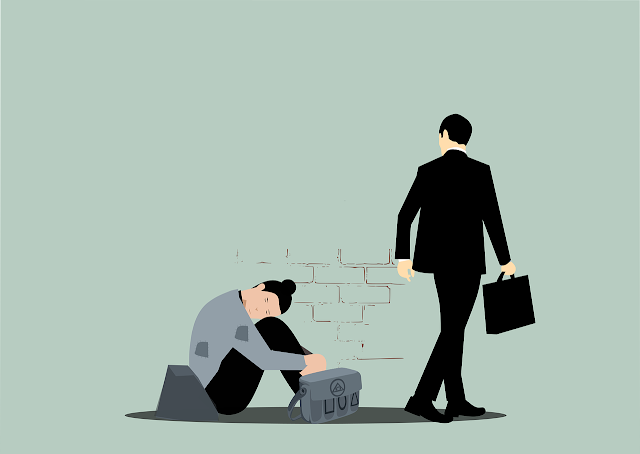Posts
Showing posts with the label abolition
We're Being Haunted by the Ghost of Bruce R. McConkie
- Get link
- X
- Other Apps
All Are Alike Unto God: Analyzing a Condemnation of Racism from the LDS Church
- Get link
- X
- Other Apps
Marginalizing the Poor, the Widow, the Fatherless, and the Stranger
- Get link
- X
- Other Apps
The Online Harassment and Violence of Matthew Cicotte
- Get link
- X
- Other Apps














